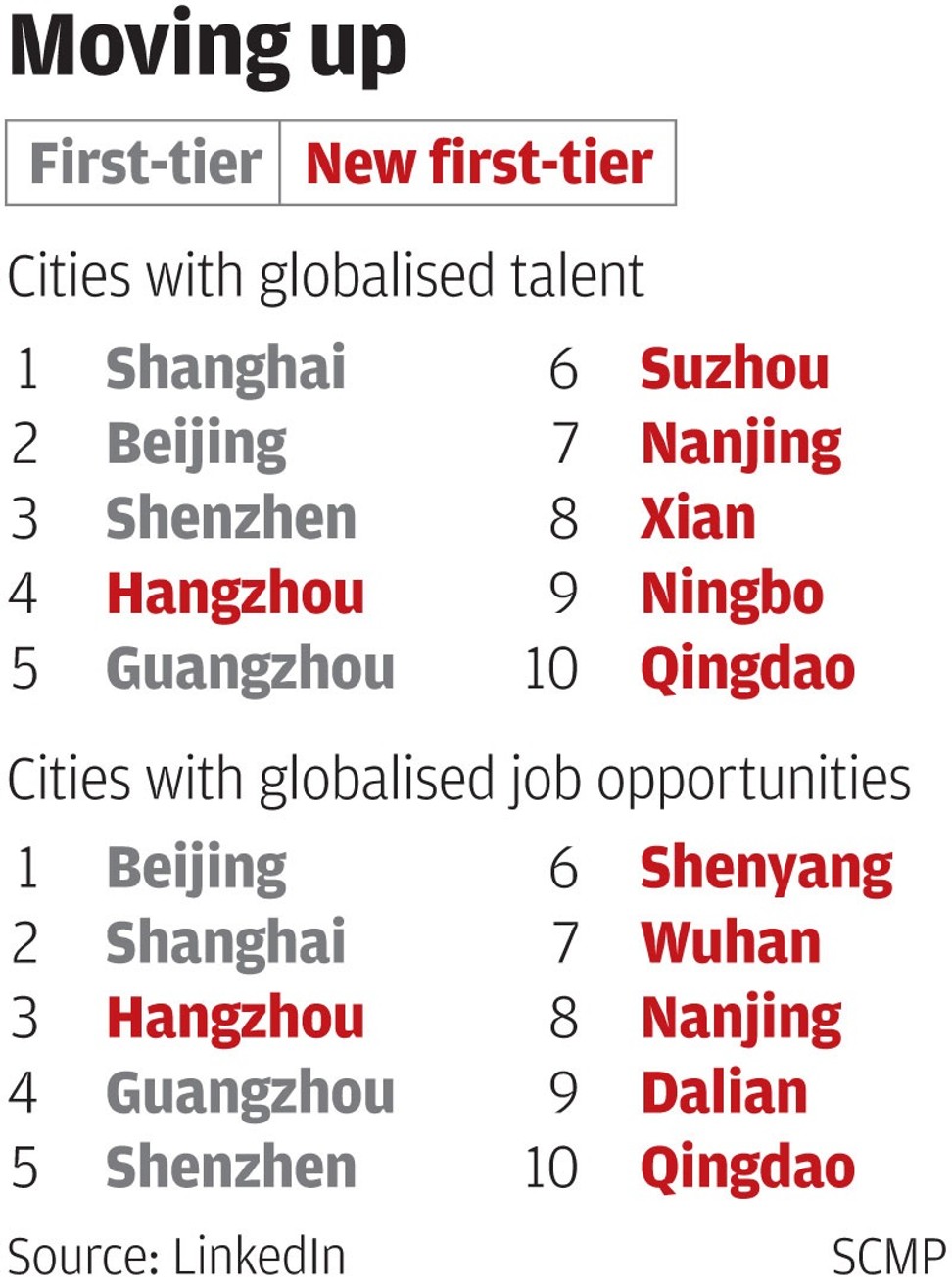
Why China’s best and brightest are ditching the megacities for second-tier ones
The country’s ‘second-tier’ urban areas are benefitting from increasing numbers of skilled workers who are tiring of the strain of living in the megacities
Chen Daowang described his decision two years ago as a turning point of his life. Then 31 and the father of a newborn baby, he jumped ship from a Shanghai-based company to one in Hangzhou, 170km away, and relocated the whole family.
He bought a flat there for a quarter of the price of its equivalent in Shanghai, and registered his baby’s permanent residence, or hukou, which ensured the child’s access to a quality public school in the neighbourhood.
Looking back, Chen, who retains a similar position to the one he had two years ago in Shanghai – secretary to a general manager – is happy that he relocated to the smaller, but less stressful, city in time.

“My career progression may have slowed down a bit because of this, but I can afford a home – whose price has doubled now – and the family got local hukou, which means we have secured medical insurance and education,” said Chen.
Like Chen, a growing number of experienced professionals and recent college graduates on the mainland are opting for second-tier cities instead of the megacities when designing their career path.
Their overly large populations, traffic congestion, smog and surging property prices have made life in first-tier Chinese cities highly pressurised, which has given second-tier ones an opportunity to attract talented workers, according to a recent report by the professional social network LinkedIn.
It found that some major cities surrounding Shanghai are proving more attractive to those who have returned from overseas.
Hangzhou, the capital of Zhejiang province, and Nanjing, Jiangsu’s provincial capital, have replaced Beijing and Shanghai to become the top two cities in terms of the ratio between the inflow and outflow of people overseas.
Hangzhou has also surpassed Guangzhou, a traditional first-tier city, in terms of the percentage of globalised job opportunities a city offers.
Leading second-tier cities – which are often near Beijing, Shanghai and Guangzhou and of provincial capital size – are also luring more recent graduates, according to the Beijing-based research firm MyCOS.
The company, which focuses on graduate employment, found that 23 per cent of those who completed undergraduate courses last year chose to work in one of the 13 second-tier cities such as Hangzhou, Chengdu and Wuhan – which it described as “the new first-tiers” a one-point increase on the previous year.
For the traditional first-tier cities, namely Beijing, Shanghai, Guangzhou and Shenzhen, the ratio dropped by 2 points to 24 per cent, it found.
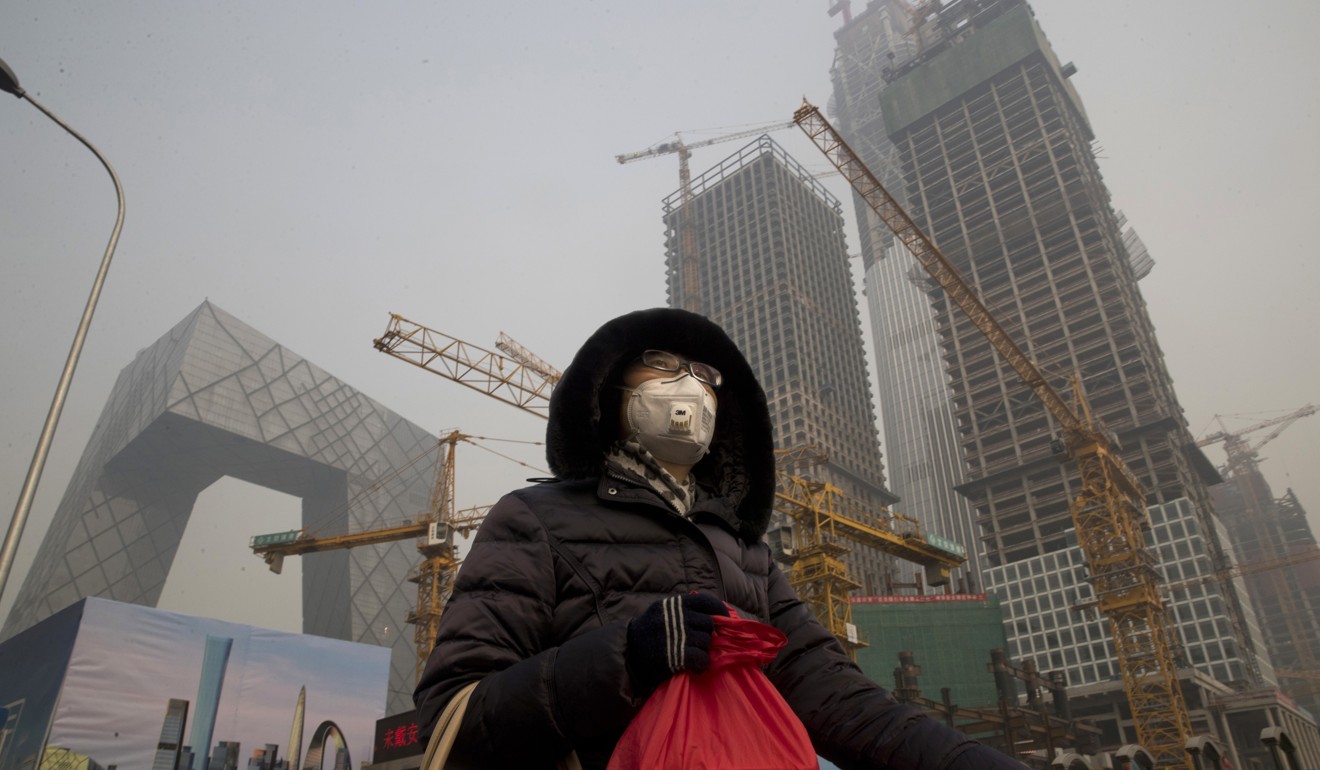
For Chen, who started his career in Hangzhou in 2006 and went to Shanghai in 2012, the higher salary and bigger platform in Shanghai became less important as property prices rocketed and chances to get a local hukou became slim as the government tightened its population control.
He bought his apartment, located in a suburban area, at less than 10,000 yuan (US$1,480) a square metre in the autumn of 2015.
“At that time, the price at a similar area in Shanghai was already between 30,000 to 40,000 per square metre, which was beyond my ability,” he said.
Education is another major factor for his decision, he added. “Without a local hukou, I can either send my child to a private school, which is very expensive, or one of the worst public schools,” he said.
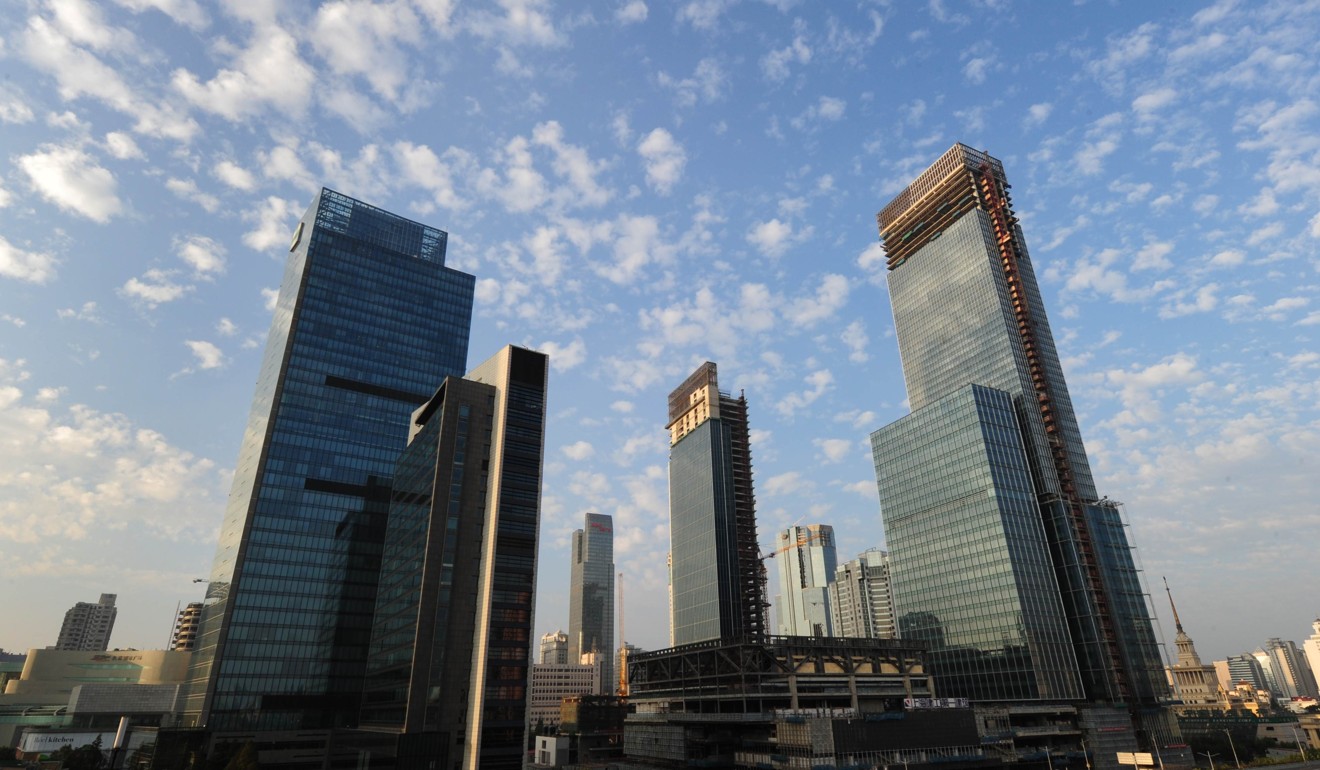
More people who are higher up on the career ladder are willing to move to smaller cities as long as the job itself offers better rewards and greater space for progression.
But how livable the city is remains a factor for consideration, said Morgen Shan, a partner at Experis, a human resources firm owned by the multinational ManpowerGroup.
In one case last year, the company contacted nearly 100 Shanghai professional managers to help a European company look for a general manager for its China branch in Jiaxing, a city adjacent to Shanghai.
Its population of about 1.2 million is far smaller than Hangzhou’s 9.18 million and more than a half of those contacted said they would not mind the relocation.
The person who was finally picked, a 46-year-old Shanghai local, who previously had an annual pay packet of between 900,000 and 1.1 million yuan, was offered a more than 20 per cent rise to take the new job. Several months after he took the job, the man was also happy to accept the new requirement to travel frequently to Ningbo, which is 220km away from Shanghai.
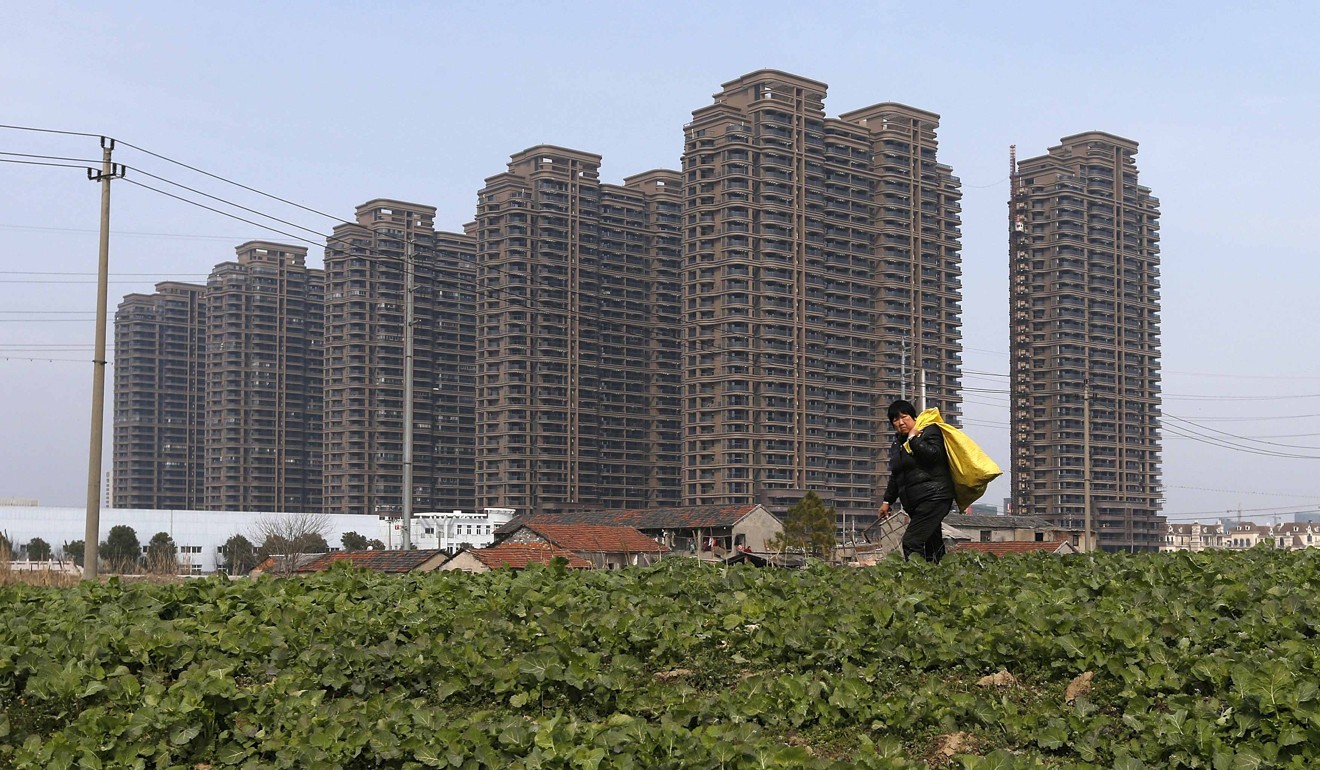
“Those of senior management level, who are usually in their forties and have less pressure from supporting family, would not mind a transfer as long as the job opportunity is good, but would prefer cities with a better environment,” she said.
“Suzhou, Hangzhou, Qingdao, Chengdu and Dalian are the typically favourable ones, while traditional industrial bases in inner China, such as Wuhan and Xian, are often disliked,” she added.
While those who were working in Shanghai, Guangzhou and Shenzhen prefer to move to nearby cities, according to LinkedIn, those in Beijing chose cities that are further away, such as Chengdu and Hangzhou.
Wang Di, head of engineering at LinkedIn China, said that, unlike the other three megacities, Beijing has few neighbours offering similar jobs in high-end sectors such as information technology and finance.
“When these professionals look out for related jobs outside Beijing, they often find more opportunities in Chengdu and Hangzhou,” he said.
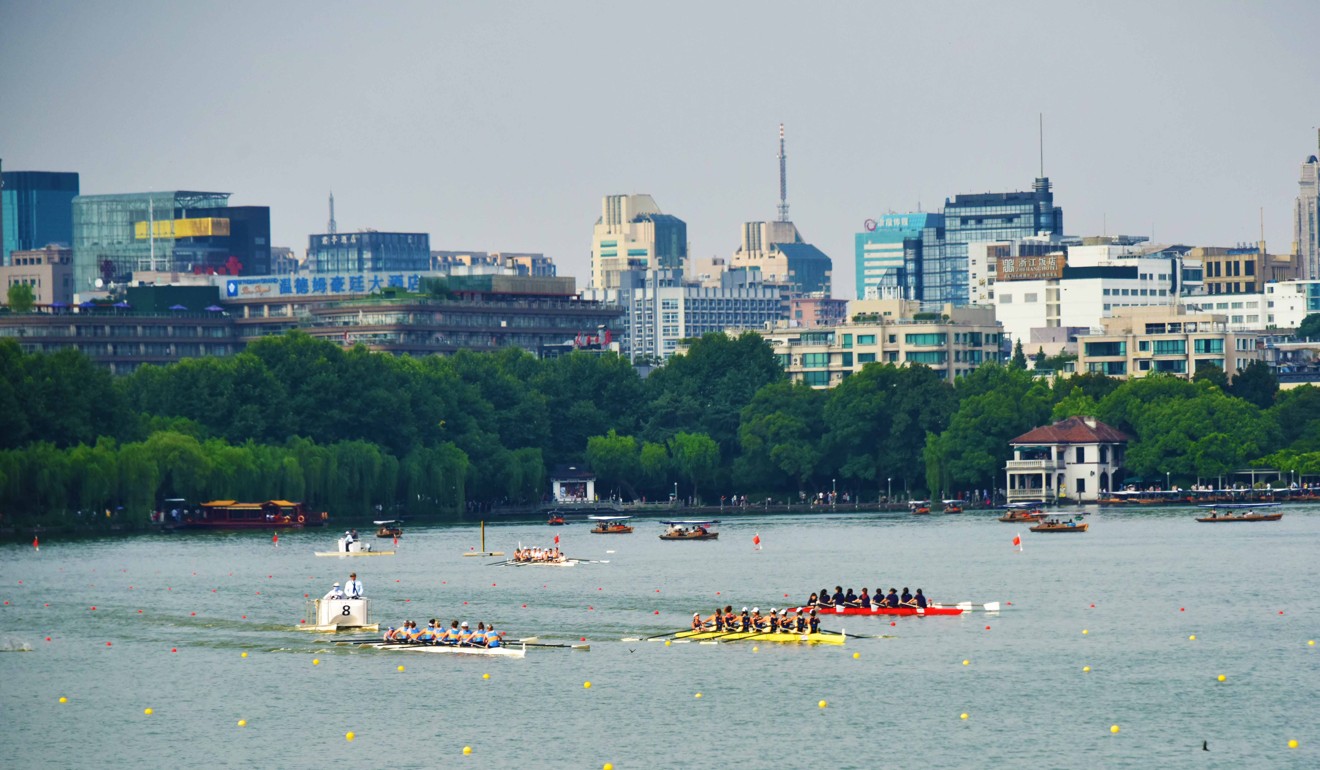
Despite the growing interest in working in those “new first-tiers”, such cities still have much to do if they want to keep luring more educated and skilled workers.
According to MyCOS, although the overall rate of satisfaction with their jobs for college graduates who worked in the “new first-tiers” has grown consistently over the past three years, they are less happy with the pay and work more overtime compared with those in first-tier cities.
Wang said to retain their appeal, those cities should first of all maintain their advantage in terms of the quality and cost of living.
“At the same time, they should provide more opportunities for employment or entrepreneurship that are similar to those in first-tier ones,” he said. “In other words, people with certain skills in Beijing and Shanghai should be able to find a job that requires the same specialties in these cities too”.


